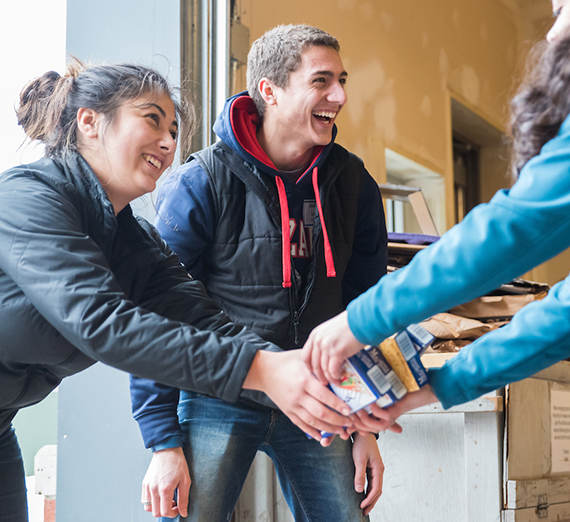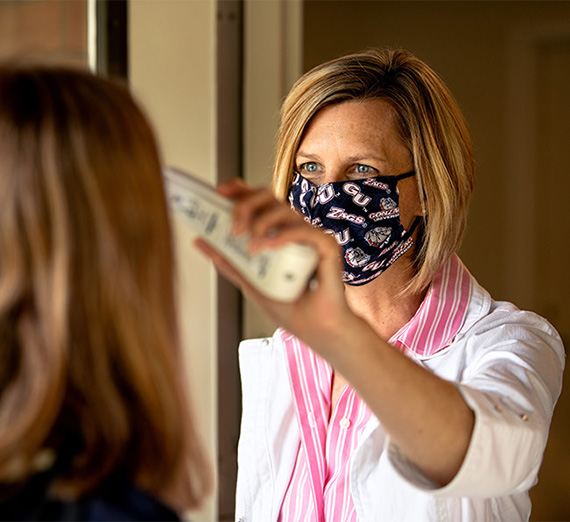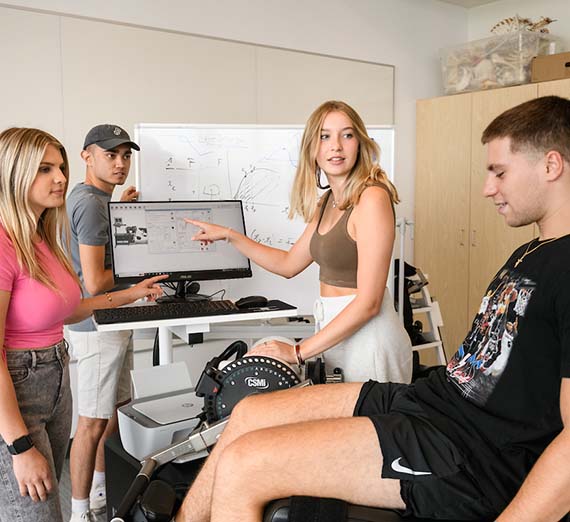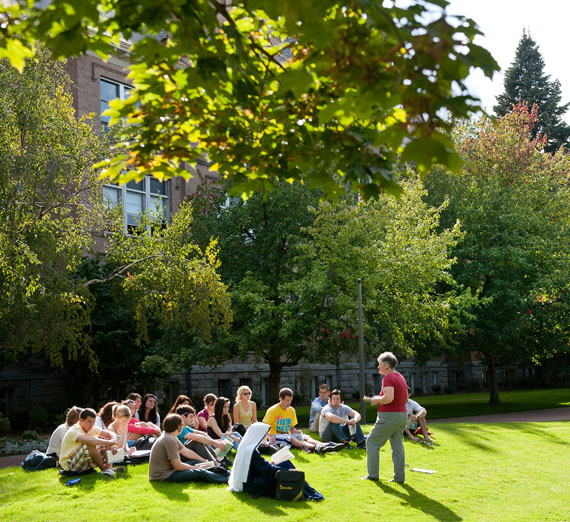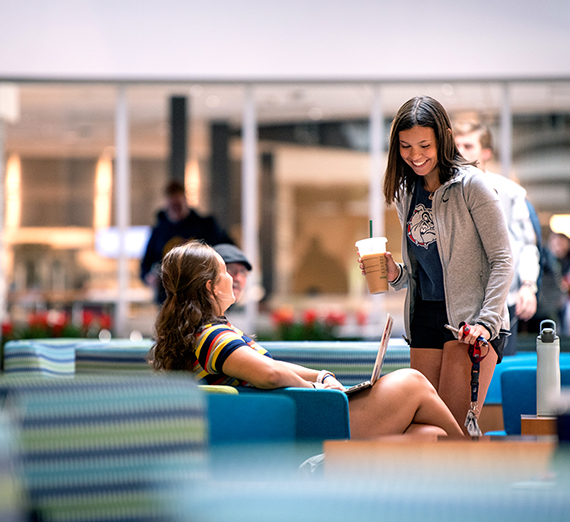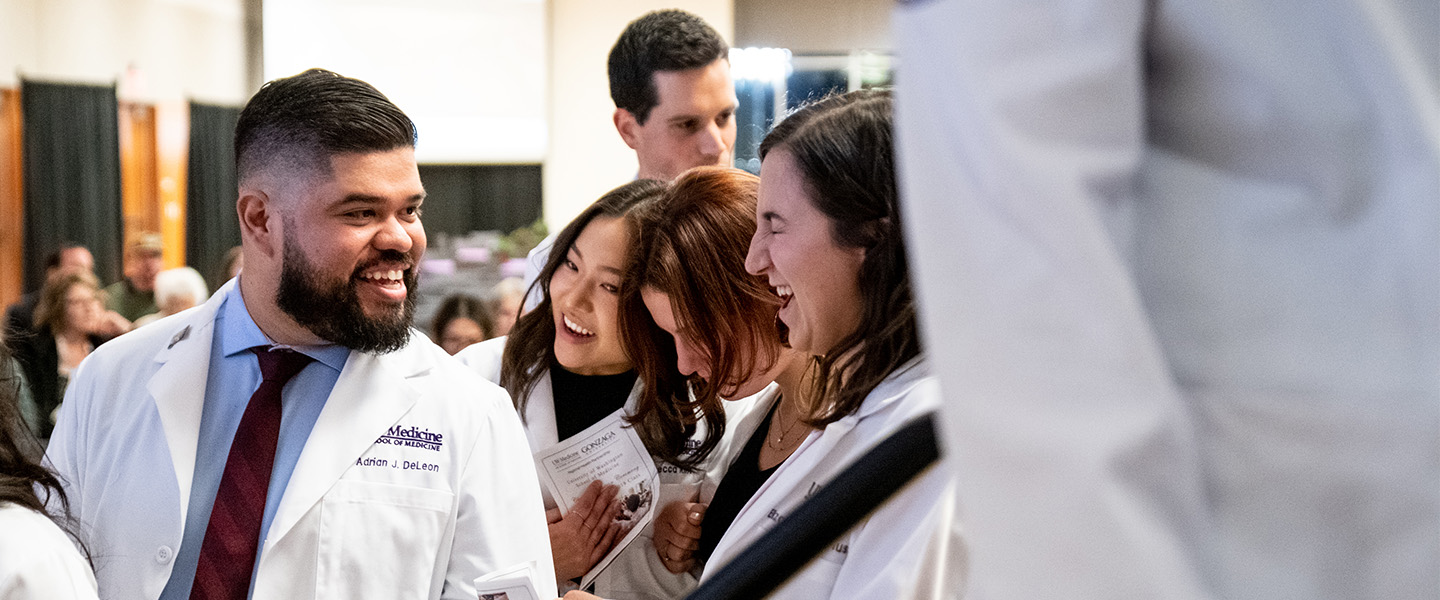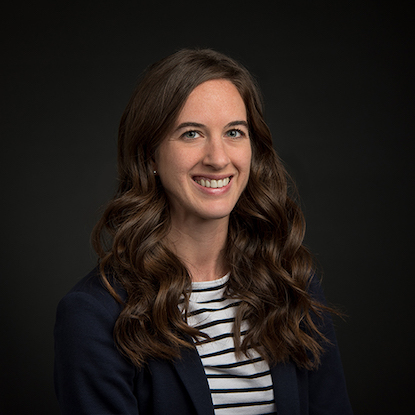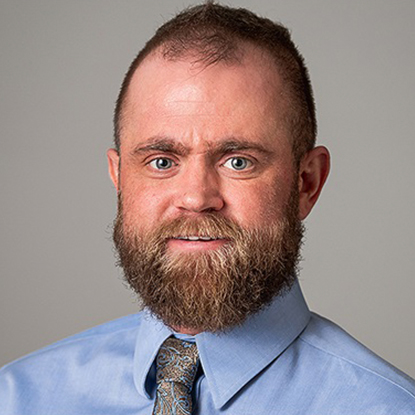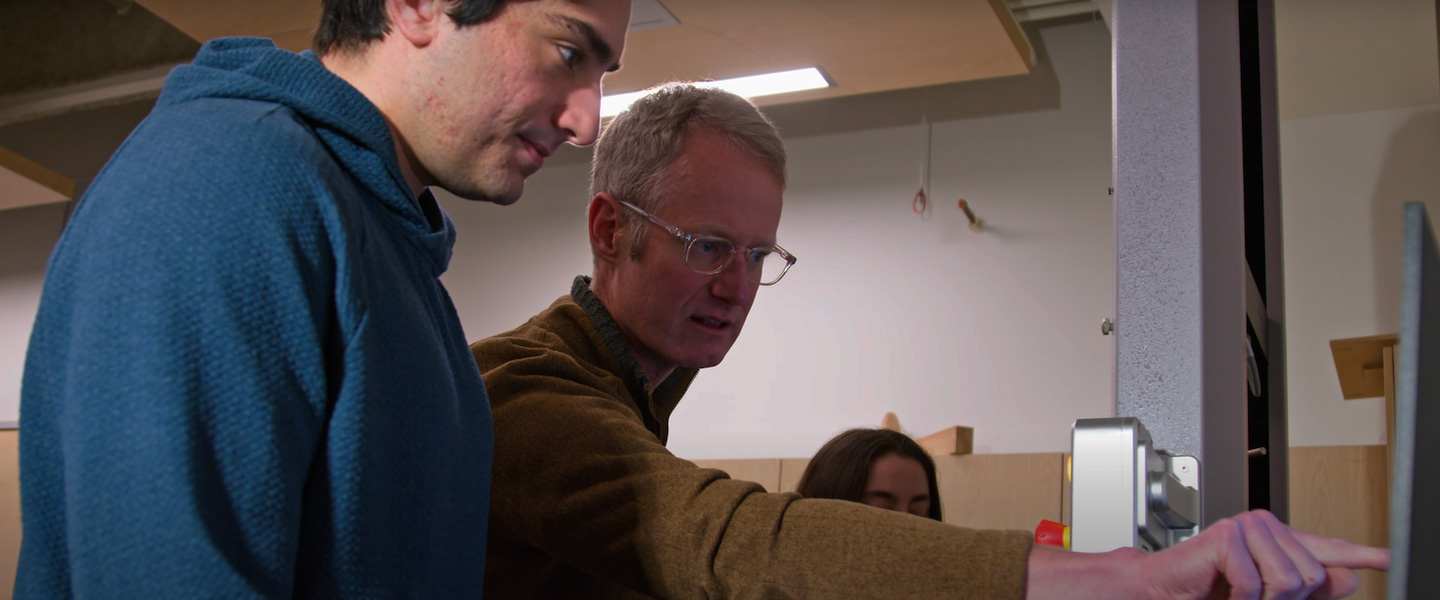The Gonzaga University Health Professions Pathways Program (H3P)
We provide comprehensive support to students and alumni from all majors interested in pursuing graduate study and eventual careers in the health professions. Housed within Career & Professional Development, H3P offers resources, opportunities, and guidance to empower students to achieve their academic, professional, and personal goals, and provides leadership to the campus community regarding pre-health concerns and initiatives.

